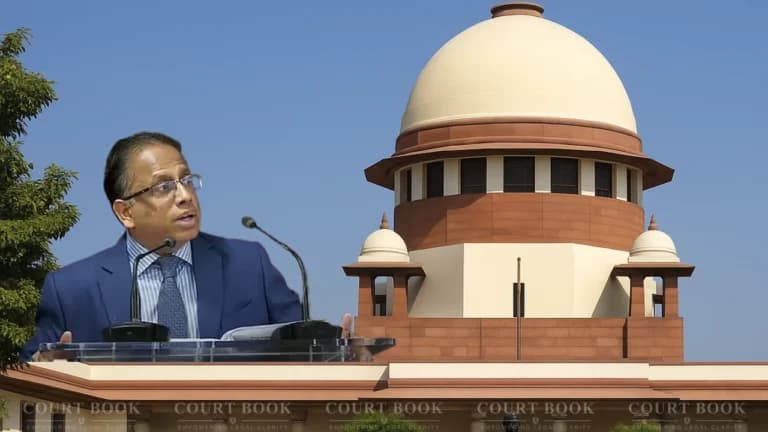On June 26, Justice KV Vishwanathan of the Supreme Court made an important observation about the role of mediation in matrimonial matters. Understanding the matrimonial matter for mediation, he made it clear that its objective is not just to bring about reconciliation between the couple, but to find an amicable and fair solution for both parties.
“In matrimonial matters, as soon as we say mediation, the bar feels that we are directing the parties to live together. We only seek a solution, not insisting on the parties to live together. We want the parties to live together. But separation can also be a solution,”— Justice KV Vishwanathan
Read also: Supreme Court to Hear Plea Against Maratha Reservation in July
The observation highlights an important understanding that not all mediation processes are focused on reuniting couples who are living separately. Instead, mediation serves as a neutral forum to seek the best outcome for the individuals involved – even if it means separating on mutual terms.
Justice NK Singh, who sat with Justice Vishwanathan, also delved deeper into the situation and said that under the Commercial Courts Act, pre-institution mediation is mandatory for commercial disputes, indicating that structured mediation has legal backing across a range of legal cases.
Read also: NEET-PG 2024: Petition in Supreme Court Against Conversion of Chandigarh UT Quota to All India
"Pre-institution mediation is mandatory in commercial disputes," - Justice NK Singh
In a related development, Justice BV Naganathan of the Supreme Court during a recent public address emphasised that pre-litigation mediation should be made mandatory in matrimonial disputes as well. His opinion aligns with the judiciary's broader effort to encourage alternative dispute resolution mechanisms to reduce the burden on courts and promote amicable settlement outside of litigation.
Read also: Supreme Court Refuses to Grant Bail to PFI Leader AS Ismail on Medical Grounds, Seeks Report on
These statements collectively reinforce the judiciary's evolving stance on matrimonial mediation. It is not just a means of reconciliation, but also a legitimate way to end a relationship respectfully and amicably when reconciliation is not possible.














